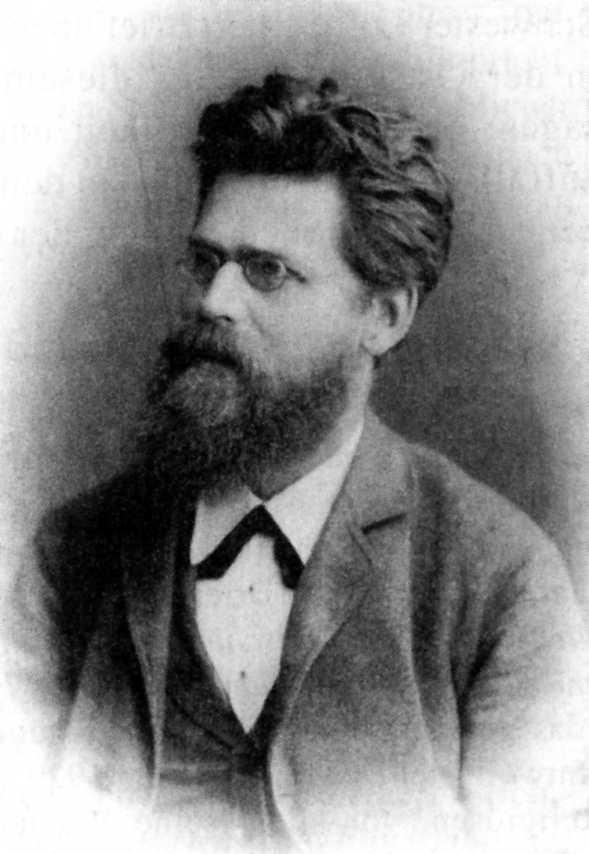Otto Seeck on:
[Wikipedia]
[Google]
[Amazon]
 Otto Karl Seeck (2 February 1850 – 29 June 1921) was a German classical historian who is perhaps best known for his work on the decline of the ancient world. He was born in Riga.
He first began studying chemistry at the
Otto Karl Seeck (2 February 1850 – 29 June 1921) was a German classical historian who is perhaps best known for his work on the decline of the ancient world. He was born in Riga.
He first began studying chemistry at the
 Otto Karl Seeck (2 February 1850 – 29 June 1921) was a German classical historian who is perhaps best known for his work on the decline of the ancient world. He was born in Riga.
He first began studying chemistry at the
Otto Karl Seeck (2 February 1850 – 29 June 1921) was a German classical historian who is perhaps best known for his work on the decline of the ancient world. He was born in Riga.
He first began studying chemistry at the University of Dorpat
The University of Tartu (UT; et, Tartu Ülikool; la, Universitas Tartuensis) is a university in the city of Tartu in Estonia. It is the national university of Estonia. It is the only classical university in the country, and also its biggest ...
but transferred to the University of Berlin
Humboldt-Universität zu Berlin (german: Humboldt-Universität zu Berlin, abbreviated HU Berlin) is a German public research university in the central borough of Mitte in Berlin. It was established by Frederick William III on the initiative ...
to study classical history under Theodor Mommsen
Christian Matthias Theodor Mommsen (; 30 November 1817 – 1 November 1903) was a German classical scholar, historian, jurist, journalist, politician and archaeologist. He is widely regarded as one of the greatest classicists of the 19th centu ...
. Seeck earned his doctorate from the University of Berlin in 1872 after writing his thesis on the '' Notitia Dignitatum'', a document enumerating the roles and responsibilities of administrative officials of the later Roman empire
The Roman Empire ( la, Imperium Romanum ; grc-gre, Βασιλεία τῶν Ῥωμαίων, Basileía tôn Rhōmaíōn) was the post- Republican period of ancient Rome. As a polity, it included large territorial holdings around the Mediter ...
c. 400 AD. He habilitated under Mommsen in Berlin
Berlin ( , ) is the capital and List of cities in Germany by population, largest city of Germany by both area and population. Its 3.7 million inhabitants make it the European Union's List of cities in the European Union by population within ci ...
in 1877 and, with the help of Mommsen, secured a post at the University of Greifswald
The University of Greifswald (; german: Universität Greifswald), formerly also known as “Ernst-Moritz-Arndt University of Greifswald“, is a public research university located in Greifswald, Germany, in the state of Mecklenburg-Western Pom ...
in 1881, where he taught Roman History and Archaeology
Archaeology or archeology is the scientific study of human activity through the recovery and analysis of material culture. The archaeological record consists of artifacts, architecture, biofacts or ecofacts, sites, and cultural landsca ...
. There he met Karl Julius Beloch
Karl Julius Beloch (21 January 1854 in Nieder-Petschkendorf – 1 February 1929 in Rome) was a German classical and economic historian.
Biography
From 1872 to 1875, he studied classical philology and ancient history in Freiburg, Heidelbe ...
. In 1907 he went to the University of Münster
The University of Münster (german: Westfälische Wilhelms-Universität Münster, WWU) is a public research university located in the city of Münster, North Rhine-Westphalia in Germany.
With more than 43,000 students and over 120 fields of stud ...
where he continued teaching and writing.
Seeck wrote many influential works on late antiquity
Late antiquity is the time of transition from classical antiquity to the Middle Ages, generally spanning the 3rd–7th century in Europe and adjacent areas bordering the Mediterranean Basin. The popularization of this periodization in English ha ...
and social Darwinism
Social Darwinism refers to various theories and societal practices that purport to apply biological concepts of natural selection and survival of the fittest to sociology, economics and politics, and which were largely defined by scholars in We ...
. He was widely published in such academic journals as the ''Deutsche Zeitschrift für Geschichtswissenschaft'' (''German Journal of History''), ''Hermes'', ''Zeitschrift für Kirchengeschichte'' (''Journal of Church History''), and the ''Zeitschrift für Sozial- und Wirtschaftsgeschichte'' (''Journal of Social and Economic History''). Some of his monographs, including his influential 6-volume ''Geschichte des Untergangs der antiken Welt'' (''History of the Decline of the Ancient World'')—which set forth his beliefs concerning social Darwinism, later influencing Oswald Spengler
Oswald Arnold Gottfried Spengler (; 29 May 1880 – 8 May 1936) was a German historian and philosopher of history whose interests included mathematics, science, and art, as well as their relation to his organic theory of history. He is best kno ...
—are still in print today.
Selected works
*''Quaestiones de notitia dignitatum''. Dissertation, Berlin 1872 (''Questions concerning the Notitia Dignitatum'') *''Notitia dignitatum. Accedunt notitia urbis Constantinopolitanae et laterculi provinciarum''. Berlin 1876 *''Die Kalendertafel der Pontifices''. Berlin 1885 (''The Calendar Tables of the Pontifices'') *''Die Quellen der Odyssee''. Berlin 1887 (''The Sources of the Odyssey'') *''Die Briefe des Libanius zeitlich geordnet''. Leipzig 1906 (''The letters of Libanius arranged chronologically'') *''Regesten der Kaiser und Päpste für die Jahre 311 bis 476 n. Chr.: Vorarbeit zu einer Prosopographie der christlichen Kaiserzeit''. Stuttgart 1919. (''Synopses of the emperors and popes for the years 311-476 AD: preliminary work for a prosopography the Christian Empire'') *''Geschichte des Untergangs der antiken Welt''. 6 Bände. Metzler, Stuttgart 1895–1920 (''History of the Decline of the Ancient World'') *''Kaiser August''. 1902 (''Caesar Augustus'')References
External links
* {{DEFAULTSORT:Seeck, Otto German classical scholars 20th-century German historians University of Greifswald faculty 1850 births 1921 deaths University of Münster faculty Writers from Riga Baltic-German people German expatriates in the Russian Empire 19th-century German historians